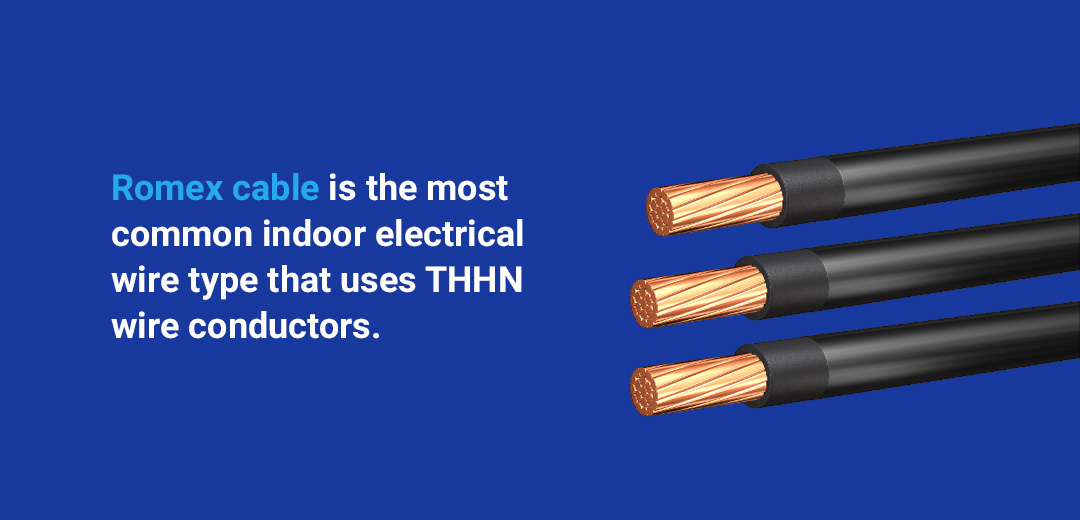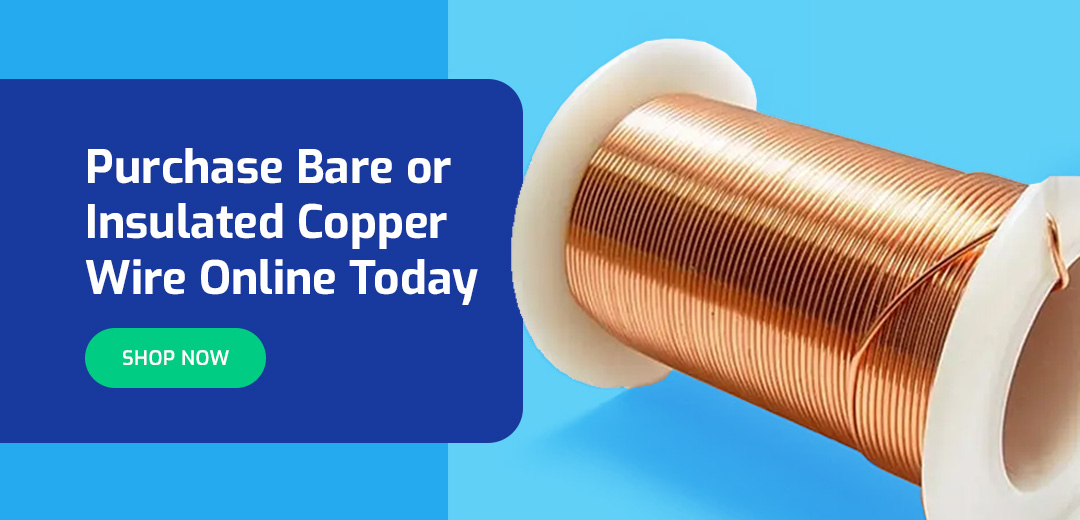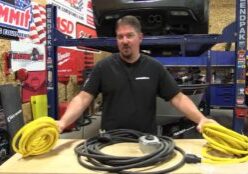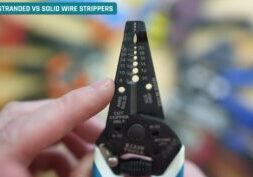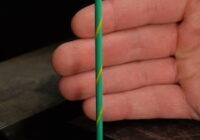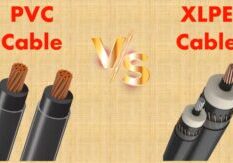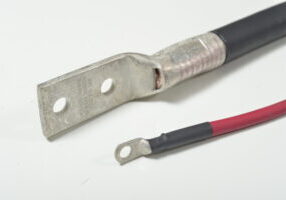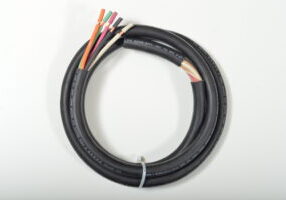
Dec 10, 2020
Copper Wire Insulation
There are several different types of copper wire insulation and applications, making it challenging to know which one is right for your project. The three types of cable insulation primarily used are plastics, rubbers and fluoropolymers. Choosing the right type of electrical wire is crucial for any project. Whether you need direct burial electrical wire for underground use, outdoor electrical wire for external installations, or indoor solutions, copper electrical wire is a reliable choice. Additionally, understanding which electrical wire is suitable for wet locations can ensure safety and longevity.
Types of Copper Wire Insulation
The insulating materials often used to cover copper wire fall into two classes — thermoplastic and thermoset. While strong and flexible after being compounded, thermoplastic softens and melts when exposed to high temperatures. In contrast, thermoset doesn’t soften when exposed to high temperatures. Once cured, it gains a rubbery texture and retains its properties even in high heat, which is why this copper wire insulation is often used in places where the wire or cable will be exposed to high temperatures.
The following are three types of copper wire insulation:
- Polyvinyl chloride (PVC): PVC insulation has many uses since it can withstand several conditions. It’s also more affordable than other materials and easy to use. PVC insulation is flame and moisture-resistant and can hold up well against oil and chemicals like acids and alkalis.
- Cross-linked polyethylene (XLPE): Cable manufacturers use XLPE material for building insulation wire, especially in high-voltage areas. It offers excellent electrical, thermal and physical properties as well as moisture and flame resistance.
- Silicone: While not as popular as PVC and XLPE insulation, silicone has several benefits in industrial applications. The material is flexible and has excellent thermal properties.
Why Does Copper Wire Need Insulation?
Insulation is a crucial safety feature for any electrical cable, given that exposure to different elements can make copper wire hazardous. For instance, exposure to water can cause the electrical wire to corrode. When corrosion occurs, the wire raises its resistance, resulting in heat build-up that could cause a fire.
And without insulation, the consequences of handling exposed wire connected to a power grid could be deadly, leading to electrocution. That’s why copper wire insulation is essential for safely doing any electrical work. It’s also crucial for durability, ensuring copper wire is effective and lasts longer.
When to Use Insulated vs. Non-Insulated Wire
Copper wire uses can range from power distribution to electronics circuitry and numerous other types of electrical equipment. The insulation will change the copper wire or cable expense based on the environment you need to place it in. Here’s an overview of insulated vs. non-insulated copper wire applications to help you choose the right type for your project:
What to Use Indoors
THHN wire is the most common type of single conductor electrical wire. It’s manufactured with a dual rating of THHN and THWN so that it’s all water-resistant. It can be used indoors and in conduit only.
Using your copper wire and cable indoors requires the least amount of protection on the insulation because there isn’t much that can hurt it. There isn’t any moisture, oil, or solvents affecting the life of the insulation so it can be made for less money. Romex cable is the most common type of indoor electrical wire which uses THHN wire conductors.
What to Use Outdoors
For outdoor projects, choosing the right outdoor electrical wire is essential. These wires are built to endure weather changes and exposure to UV rays. THHN is still the single conductor wire used outdoors and in conduit, but upgrading to an MC cable with THHN wires and a Metal Clad jacket ensures better quality and easier installation. However, running three to four single wires can be difficult for the installer because they’ll have to run each one individually or tie all three together and try to run them as one.
Romex will not work outdoors or in conduit, but upgrading to an MC cable with THHN wires and a Metal Clad jacket ensures better quality and easier installation. The ground wire in MC cable is also a THHN wire, rather than a bare copper ground wire so the cable remains moisture and solvent resistant.
Best Insulation for Underground Uses
In underground installations, direct burial electrical wire is designed to withstand harsh conditions. This type of wire is insulated to protect against moisture and other underground elements. Generally, National Electrical Code (NEC) regulations permit using bare or insulated ground wire interchangeably to choose between plain or insulated wires for underground uses. However, using the insulated option might make more sense in some cases. Underground copper wire provides excellent conductivity and durability for subterranean applications. It’s important to select wires that are specifically rated for underground use.
What Electrical Wire Should be Used Underground?
THHN cannot be buried directly in the ground, so you’ll have to upgrade on a single conductor to USE-2 wire. It’s used mostly on solar installations and has rubber insulation.
If your installation is directly in the earth instead of in conduit, then you’ll have to upgrade to a UFB cable which is an underground feeder cable. It’s color-coded and flat instead of round with a bare copper ground wire. The insulation covers each conductor individually to keep it water and moisture-tight directly underground.
Tray cable is also an underground cable for larger sizes since UFB cable only goes as large as 6 AWG 3 conductors. Tray cable goes as big as 500 mcm 4 conductors with ground. It has all-black numbered THHN conductors and an overall PVC jacket. We sell it per foot on our website so that you can get the exact length you need and avoid any waste.
Purchase Bare or Insulated Copper Wire Online Today
When selecting cables that can be used both indoors and outdoors, it’s crucial to look for those rated as indoor outdoor electrical cable. These versatile cables can handle various environmental conditions. At WesBell Electronics, we carry all types of copper wire, including bare in 16 awg and insulated versions, to help you get the job done right.
When you’re unsure what you need, let our experts narrow down the best option. We offer top-quality materials at an affordable price and provide services like wire twisting and cord preparation so that your cables are ready to go when they arrive at your door. Browse our copper wire selection online, or reach out to us if you have any questions!

